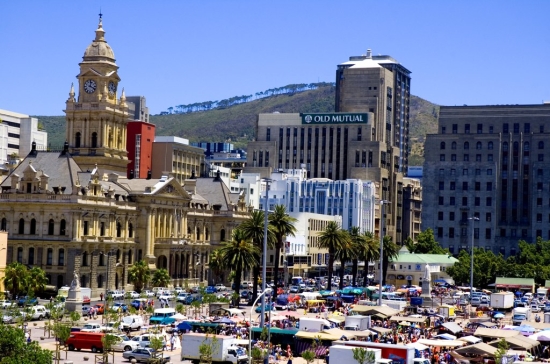The South African government’s proposal to start collecting carbon taxes starting in 2015 could contribute to the high administration costs facing the commercial property industry. Property analysts and CEOs have identified it as one of the industry’s biggest challenges for owners, along with tax increases and electricity rates.

Robbie Louw, a director at Promethium Carbon, a carbon advisory firm, stated recently that the carbon tax liabilities of commercial property owners would be felt in electricity bills.
Mr. Louw said the impact on the property owners would depend on how they address the electricity cost in the lease agreements. His feeling is that the cost would be handed down directly to the tenants. Mr. Louw also discussed the impact of the proposed carbon tax on property developers, saying that it would “put pressure on building materials — especially cement.”
He went on to say that it was fair to assume this cost would be passed on by the manufactures. The cost of diesel would also be affected he warned.
The President of the South African Property Owners Association (SAPOA), Estienne de Klerk, said earlier this month that the carbon tax was one of the “headwinds” facing the industry, along with skills shortages and other challenges.
Mr. de Klerk said, “The property industry has been investing in sustainable technologies — often without return, and this additional tax will ironically have an impact on our ability to improve our sustainability.”
“I believe it is punitive on the industry and a deterrent to local and foreign investment.”
Previous Post
Jaguar Expands Operations in Birmingham